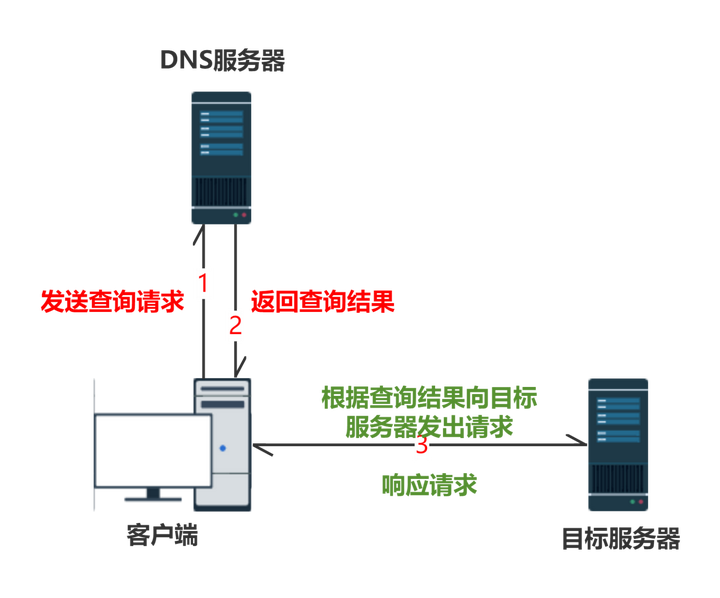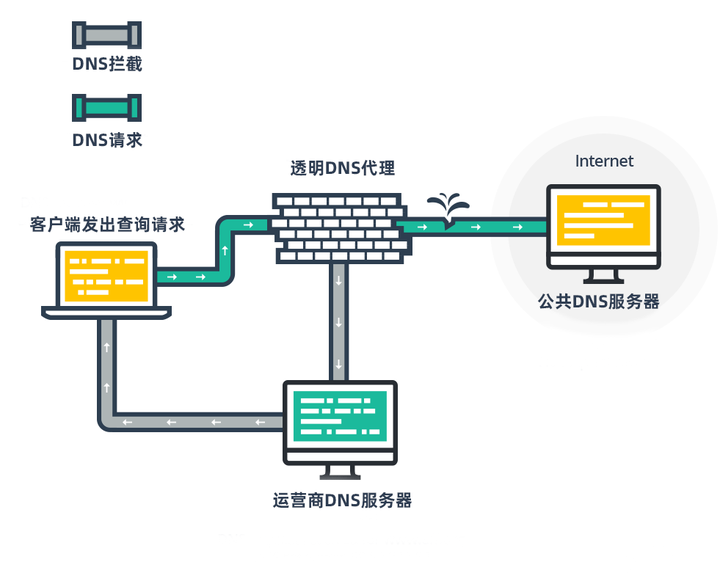1、DNS泄露和DNS劫持的区别
- DNS泄露:是指未经授权地公开或泄露DNS记录的行为。这可能会导致攻击者获取关键信息,例如域名、IP地址和其他与域名相关的记录。攻击者可以利用这些信息进行针对性的攻击,如网络钓鱼和恶意软件分发。
- DNS劫持:DNS劫持是指黑客通过篡改DNS解析结果,将用户访问的网站域名指向恶意的IP地址或者伪装成合法的网站,从而实施网络攻击或者窃取用户信息。DNS劫持可能导致用户被重定向到恶意网站、无法访问正常网站、受到钓鱼攻击等。

3、防止DNS泄露/DNS劫持几种方案
- 建议使用复杂的密码重置路由器/软路由的默认密码。
- 最好远离不受信任的网站。
- 最好定期检查您的DNS设置是否已修改,并确保您的DNS服务器是安全的。
- 使用良好的安全软件和防病毒程序,并确保定期更新软件。
- 如果您已被感染,建议删除HOSTS文件的内容并重置Hosts File。
- HOSTS文件路径(win11):C:\Windows\System32\drivers\etc
# Copyright (c) 1993-2006 Microsoft Corp. # # This is a sample HOSTS file used by Microsoft TCP/IP for Windows. # # This file contains the mappings of IP addresses to host names. Each # entry should be kept on an individual line. The IP address should # be placed in the first column followed by the corresponding host name. # The IP address and the host name should be separated by at least one # space. # # Additionally, comments (such as these) may be inserted on individual # lines or following the machine name denoted by a '#' symbol. # # For example: # # 102.54.94.97 rhino.acme.com # source server # 38.25.63.10 x.acme.com # x client host # localhost name resolution is handle within DNS itself. # 127.0.0.1 localhost # ::1 localhost
- 使用公共DNS服务器。
- 点击设置——点击网络和Internet——点击高级网络设置——点开对应的适配器——点击查看其他属性——编辑DNS服务器
- 加密DNS模板:
- 阿里DNS:223.5.5.5 加密DNS:https://dns.alidns.com/dns-query
- 腾讯DNS:119.29.29.29 加密DNS:https://doh.pub/dns-query
- 360DNS:101.226.4.6 加密DNShttps://doh.360.cn/dns-query

- 特殊情况:透明代理——运营商检测到DNS设置有任何更改,它将使用“ 透明代理 ”,该服务器是拦截并重定向您的网络流量的服务器,以将您的DNS请求强制发送到ISP的DNS服务器。

